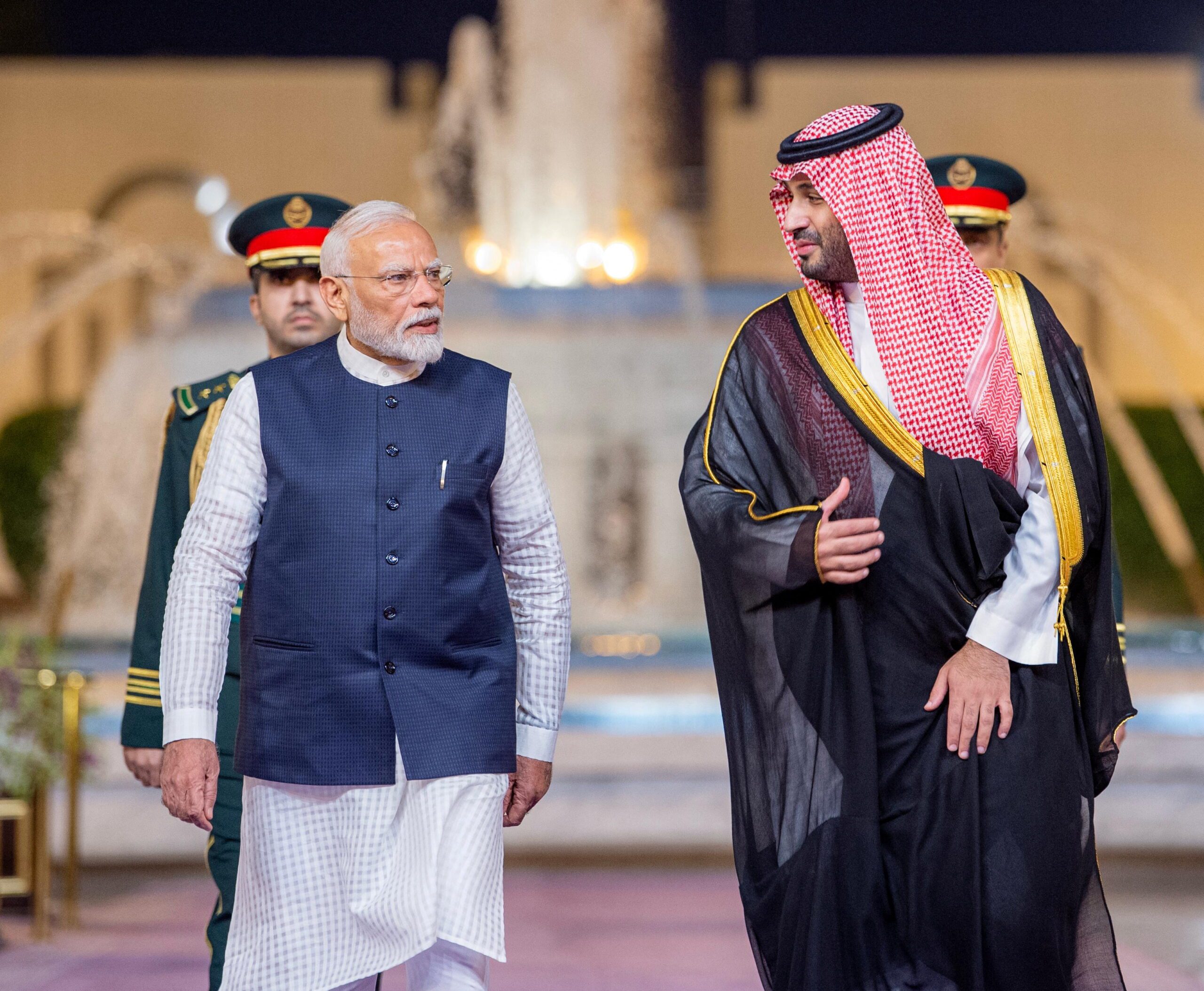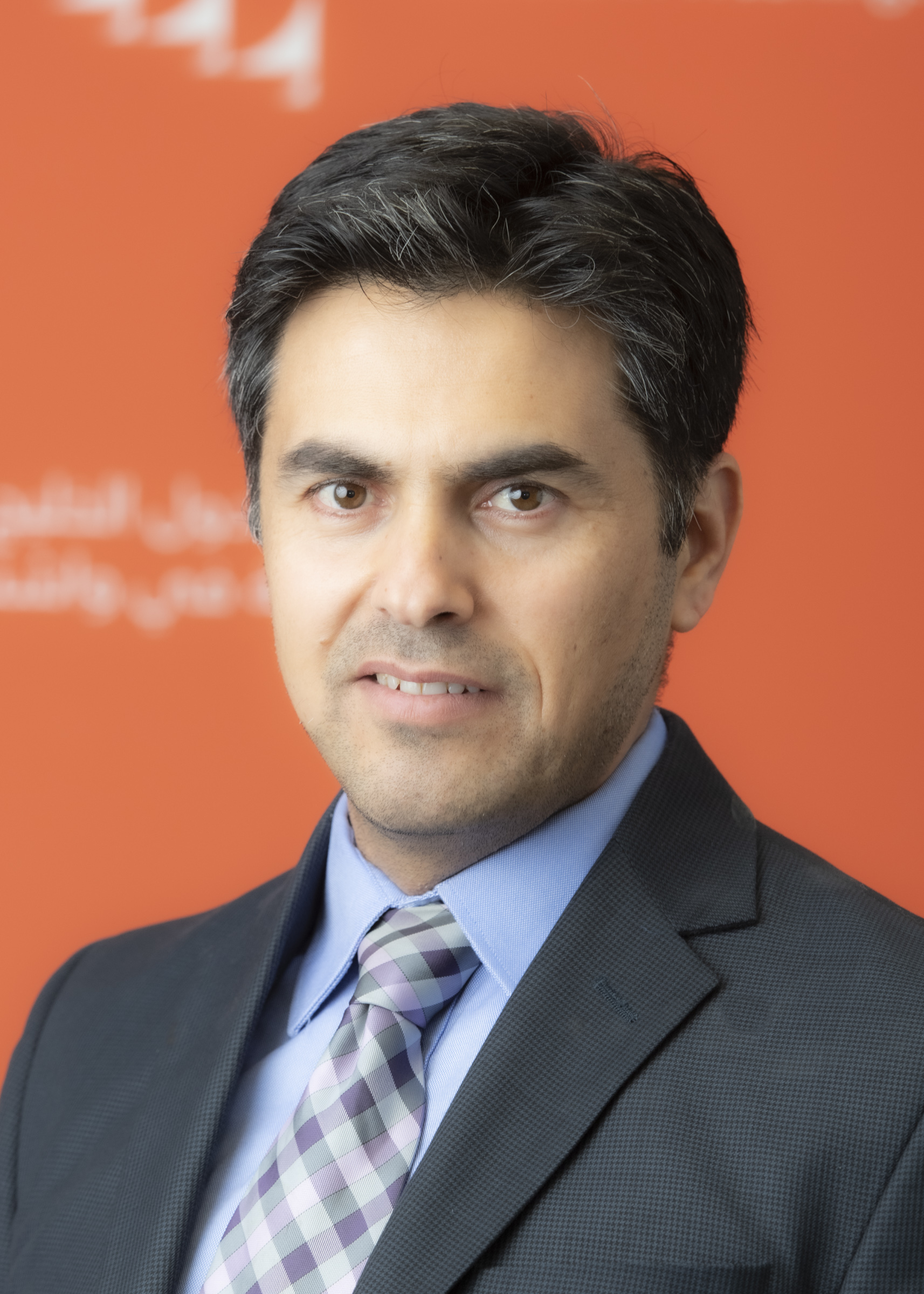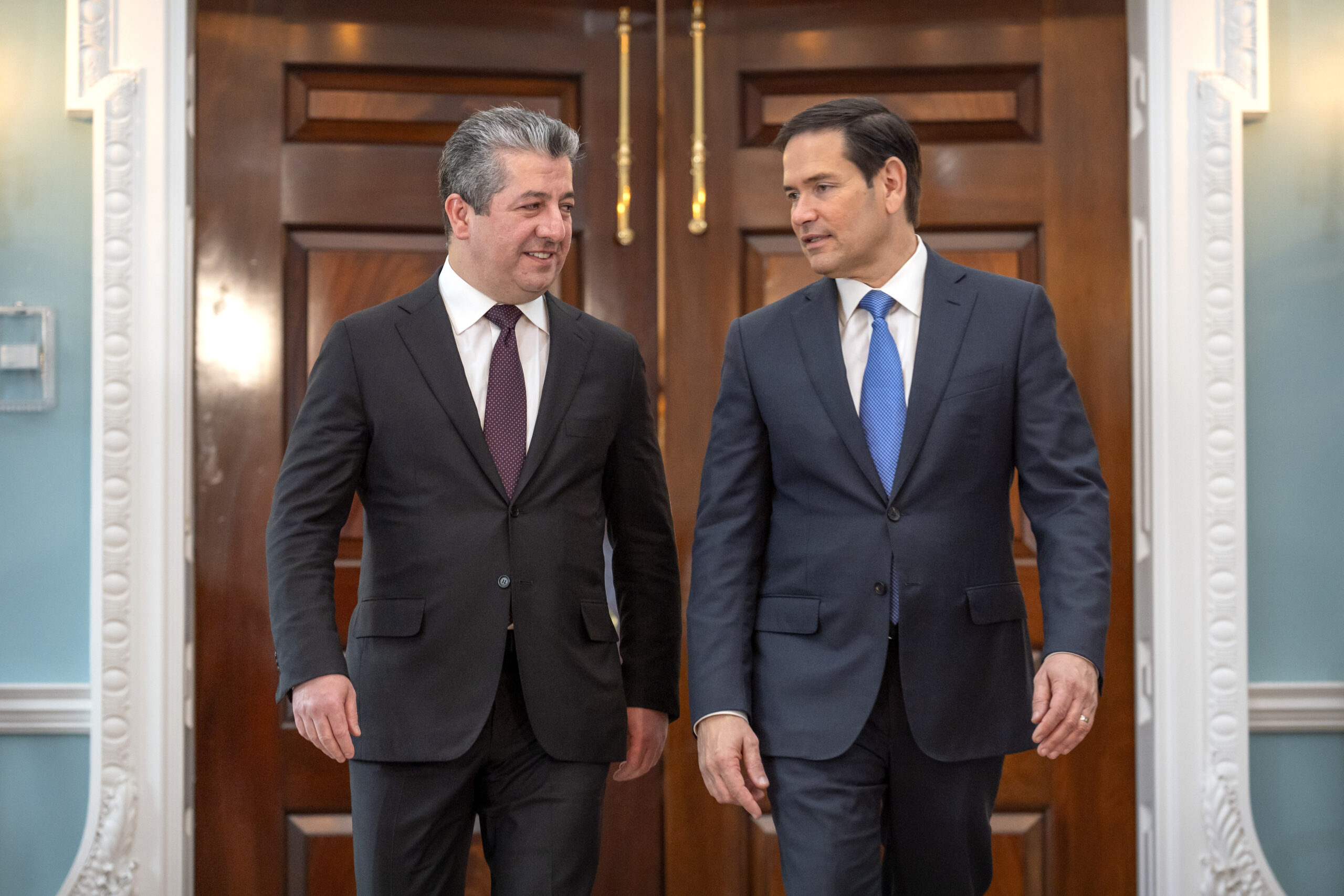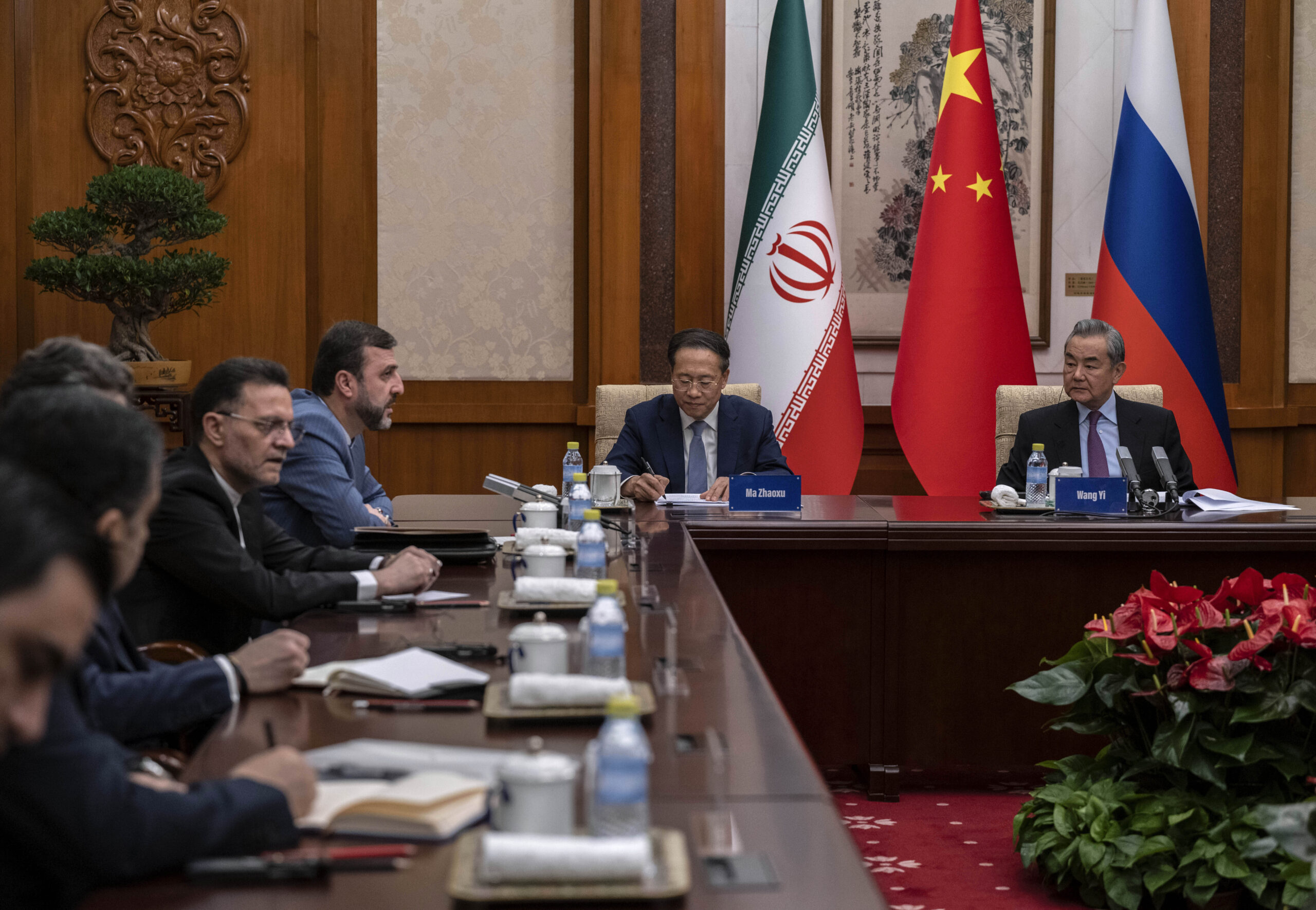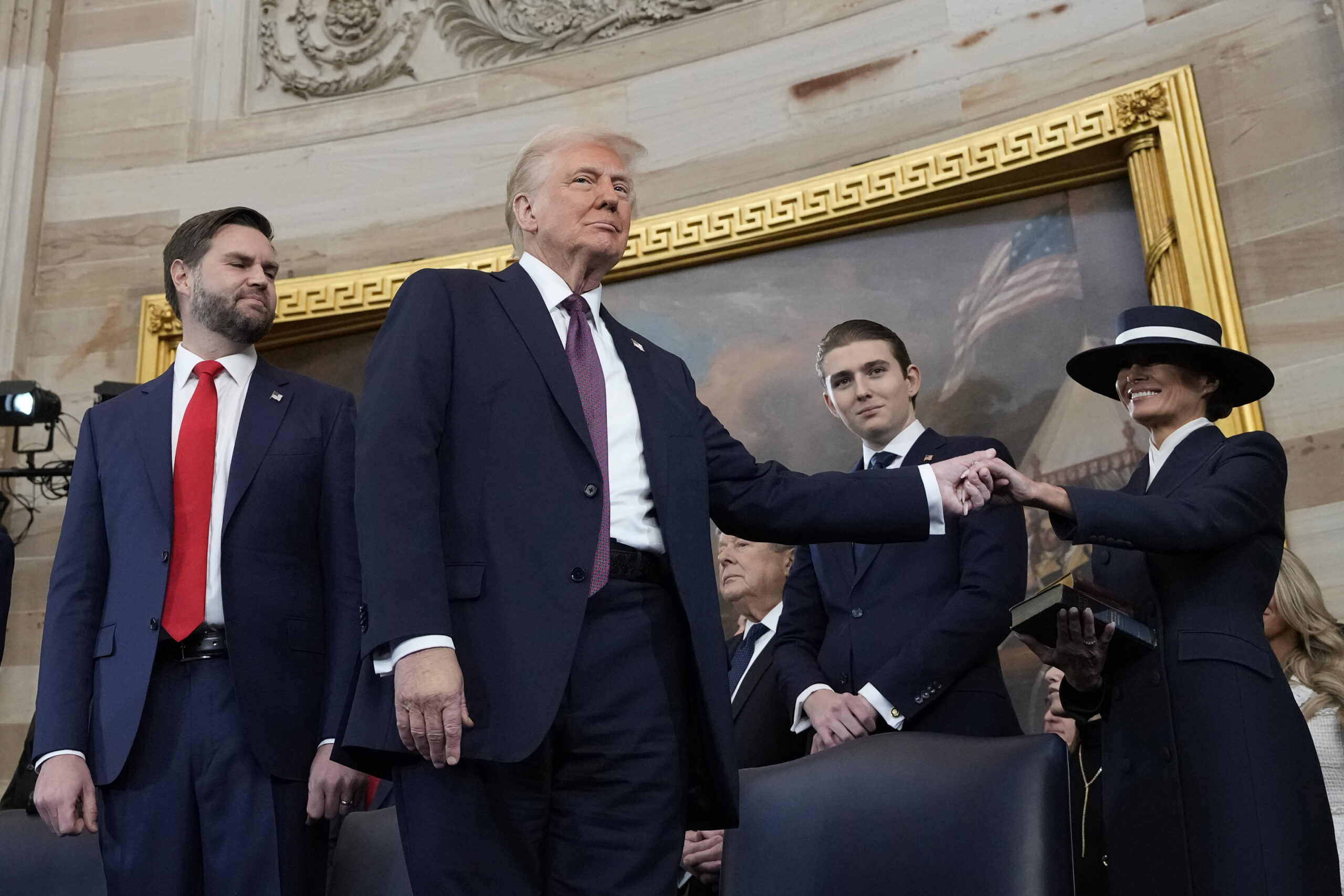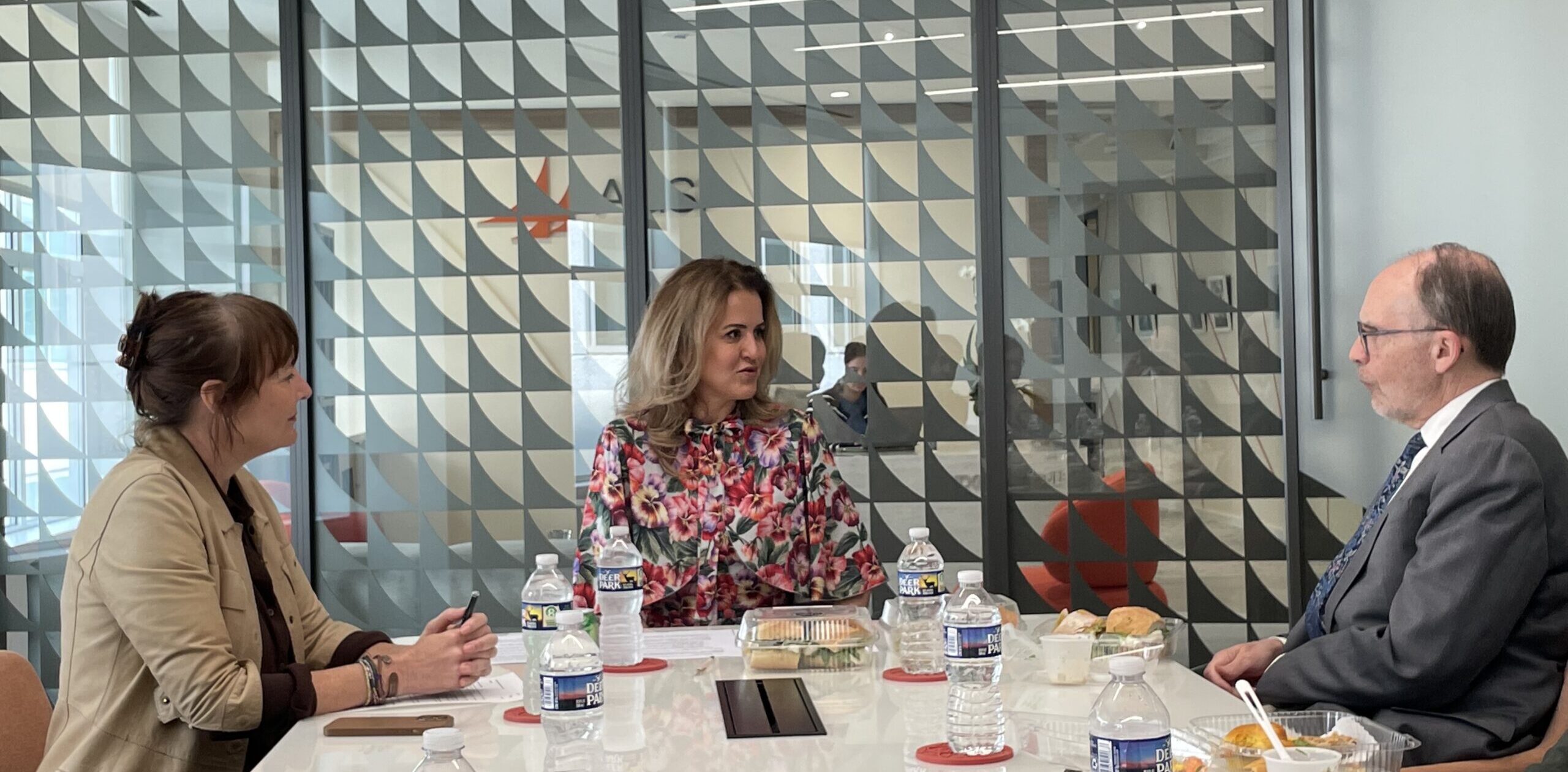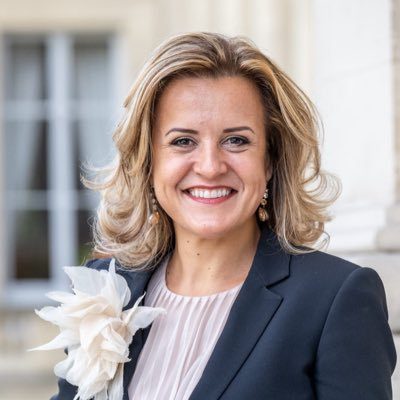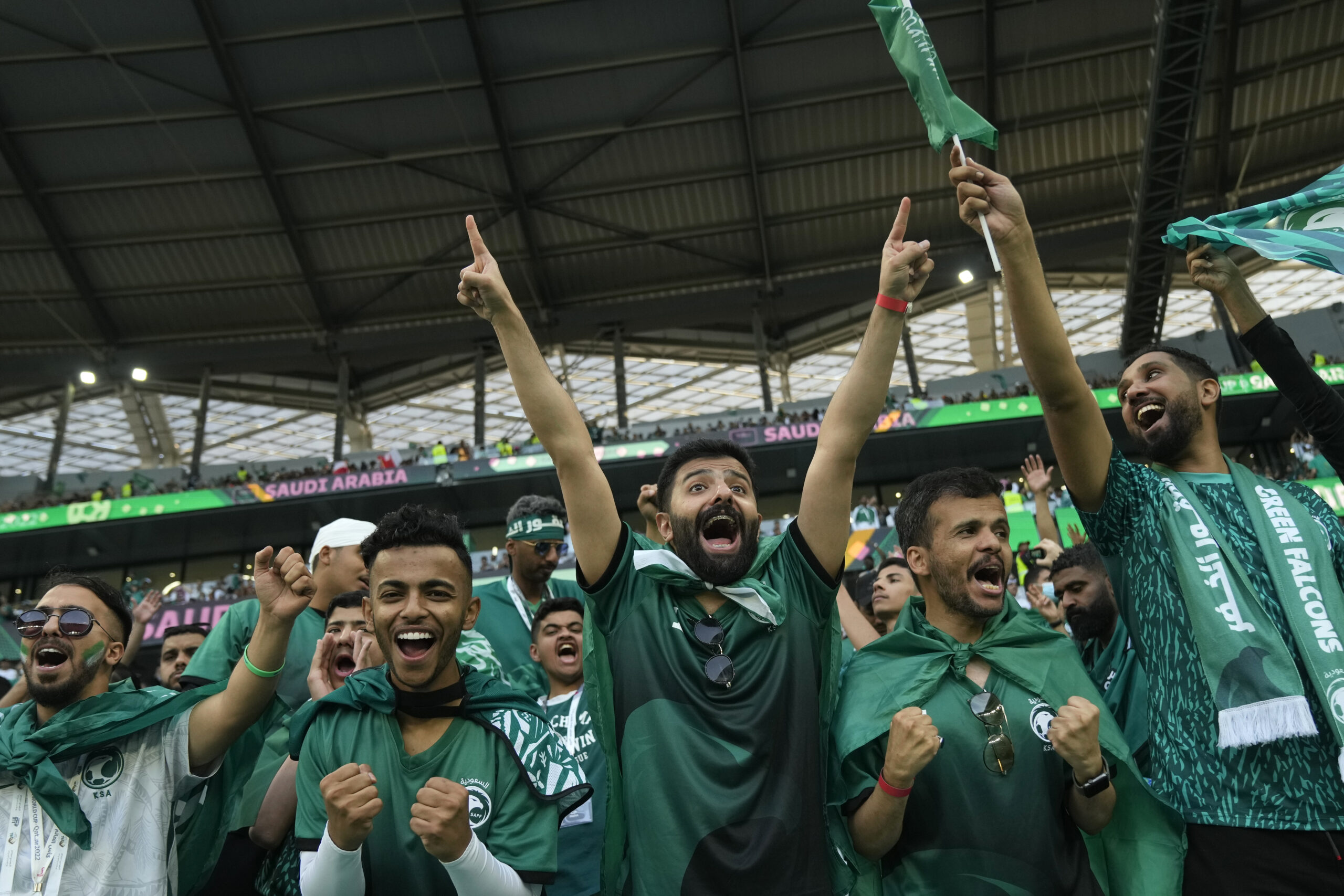From Parliament to Prison: Leading Gulf Opposition Politicians Sentenced
While international attention last week turned to the confirmation of the death penalty for former Egyptian President Mohammed Morsi, some high profile convictions were handed down in the Arab Gulf states as well. On June 16 the head of the most prominent opposition political society in Bahrain, Sheikh Ali Salman, was sentenced to four years...
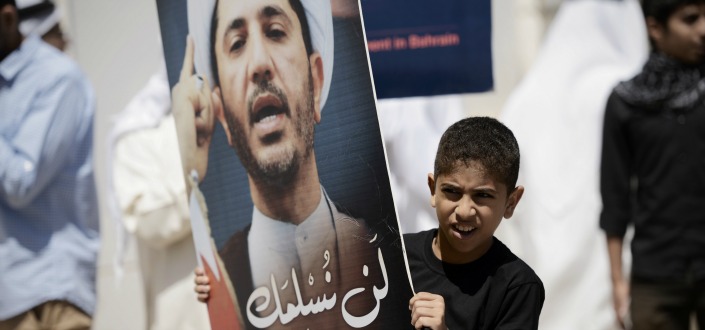
While international attention last week turned to the confirmation of the death penalty for former Egyptian President Mohammed Morsi, some high profile convictions were handed down in the Arab Gulf states as well. On June 16 the head of the most prominent opposition political society in Bahrain, Sheikh Ali Salman, was sentenced to four years in prison for inciting disorder, the rejection of state laws, and hatred toward other sects. That same weekend Kuwaiti authorities detained the country’s most prominent opposition leader, the Popular Action Movement’s Musallem al-Barrak, to begin serving a two year sentence after his conviction over a 2012 speech directly challenging the emir at a public rally.
The imprisonment of these two men speak volumes about: the declining fortunes of the Gulf’s outspoken political reformers and their associated political movements; the lessening tolerance for dissent by Gulf governments; and perhaps, the growing weariness of Gulf societies beset by political chaos on their borders. It also underscores the political malaise in Bahrain and Kuwait, the Gulf’s two participatory monarchies.
Both Salman and Barrak were once prominent members of their respective parliaments. Indeed during their most recent campaigns – Salman in 2006, Barrak in 2012 – the two men received more votes than any member, giving them claim to being the most popular, though admittedly polarizing, politicians in their countries.
Both have been vocal in decrying elite corruption and forceful in demanding greater powers for their elected parliaments. Yet neither called for the overthrow of the monarchy, and neither resorted to violence. What factors, then, led these two reformers from parliament to prison?
The Rise of Extra-Parliamentary Political Activism
The return of Kuwait’s Parliament after liberation, and of Bahrain’s after King Hamad bin Isa al-Khalifa’s ascension launched an era of legislative contestation in the two countries. Yet at least since the mid-2000s, there has been growing disillusionment with the parliaments’ ability to solve pressing social and political issues.
In 2005 the leadership of Bahrain’s opposition Shia Islamist al-Wefaq coalition split over the decision to register as a legitimate political society and to enter the 2006 parliamentary elections. The dissident leadership formed the rival al-Haq movement committed to using international human rights campaigns, civil disobedience, and sometimes low-level street violence to achieve greater political rights. The next year in Kuwait, a youth-led movement for political reform dubbed the Orange Movement successfully used Internet chat rooms to mobilize street protests in favor of electoral reform.
The wave of popular unrest and political revolution sweeping through Arab countries accelerated this move to the street. In 2011-12 both Bahrain and Kuwait witnessed the largest political protests in their histories. In Bahrain, even pro-government forces were forced to adopt the strategy of holding public rallies to counter the opposition.
The tide of popular contention and counter moves by the government unquestionably weakened these countries’ parliaments. Al-Wefaq resigned its 18 seats in Bahrain’s Council of Representatives in protest of the lethal crackdown by government security forces. Their representatives were later replaced in by-elections in September 2011. Kuwait’s opposition boycotted the December 2012 elections in protest over the emir’s decision to unilaterally change election laws to the disadvantage of the opposition.
The moves effectively put the region’s most accomplished opposition politicians into the street where they were forced to compete with the escalating demands of protesters. In Bahrain, social media-driven youth movements and remnants of the dissident opposition were openly calling for the replacement of the monarchy with a constitutional republic. Youth movements in Kuwait demanded elected government – for the prime minister to be selected by vote or legislative majority, not royal appointment.
Many in Kuwait’s opposition, including Barrak, took up the call for elected government. While al-Wefaq and the rest of Bahrain’s legal opposition resisted the pull toward revolution, they toughened their demands, to include the call for the resignation of Bahrain’s prime minister. In both countries, the political rhetoric of former parliamentarians became more heated; al-Wefaq politicians turned more nativist, Barrak more personal in his denouncements of corruption.
The New Legal Environment
The abandonment of the established parliamentary political arena has left opposition politicians more vulnerable to legal prosecution. Across the Gulf, governments have reworked their laws and tightened enforcement to meet the serious political and security challenges across the region, but also to manage the rise in domestic extra-parliamentary political challenges as well.
In July 2013, after a car bomb went off in the ruling seat of Riffa, Bahrain’s Parliament demanded new security measures. Existing terror regulations were expanded to cover incitement to violence, threats to social cohesion, and the use of social networks to convey false information or threaten national interests. All gatherings and rallies in the capital Manama were banned. The expanded law also set higher penalties for terrorist crimes, including the revocation of citizenship.
In Kuwait, laws protecting the inviolability of the ruler have been vigorously enforced. Citizens have received jail sentences for Twitter posts deemed insulting to the emir as well as to Saudi and Bahraini rulers. Just last week, the Parliament approved a new cybercrime law which meets the legitimate need to regulate crimes such as online fraud, hacking official websites or databases, and using online platforms to promote drugs, human trafficking, or terrorism. But it also narrows the legal scope of online debate by stipulating penalties for comments or tweets insulting religious figures, the state, the emir, and the constitution.
Barrak and Salman were tried under this more active prosecutorial environment, but they are not alone. Many other political activists such as the recently sentenced co-founder of Kuwait’s independent National Committee for Monitoring Violations, Rana Jassem al-Saadoun, have found themselves in jail or tied up in the courts in what amounts to a strategy of exhaustion. The move from security crackdowns to legal enforcement has also had the effect of deterring foreign criticism as Western governments are loathe to intervene in their allies’ judicial proceedings.
The new legal and security environment imposed by Gulf states has its supporters. The general public is understandably anxious about the regional chaos surrounding them, fearful of escalating social divisions, and worried about the economic costs of years of public unrest.
Whither Politics in the Parliamentary Monarchies?
The higher legal risk and lower public tolerance add up to a tough environment for populist street action. But for the moment, they have not resulted in a return to a dynamic parliamentary life.
The parliamentary boycotts – pursued by the Kuwaiti opposition again in July 2013 and the Bahraini opposition in September 2014 – returned parliaments with very uneven representation across geographical regions and social divisions. Those communities most disaffected from the government – Shia villages in Bahrain, tribal outer districts in Kuwait – are the least represented as weighed by political turnout.
Perhaps more surprising has been the toll on these countries’ organized political societies. Boycotts and legal prosecutions have predictably weakened opposition groups. Yet even more loyalist political societies have suffered under the new districting and electoral rules imposed by ruling family-led executives. The Gulf’s parliaments are increasingly becoming dominated by political independents.
While political dynamics are still evolving, the predictable result of the weakening of Gulf political societies has been legislatures more cooperative with executive agendas, and less effective in executive oversight.
It is unclear if the political societies can make a comeback. Government inducements proffered by the Bahraini government – including a modest enhancement in tools for legislative oversight, and the promise of more substantial political reforms – failed to secure the participation of al-Wefaq. The continuing investigation into al-Wefaq’s legal status, considered alongside the early release of the general secretary of the National Democratic Action Society, Ebrahim Sharif, may presage a new government strategy of shutting out organized Shia opposition forces altogether.
The draw of the Kuwaiti Parliament may be more persuasive, due to its enviable (in a Gulf context) means of bringing the executive to account. Elements of the opposition, including the Muslim Brotherhood-associated Islamic Constitutional Movement, are already holding an internal debate about the costs of boycott. Yet if opposition members return, they may find the independent power of the legislature diminished. The ruling family-led executive has been undertaking measures that tighten the scope for parliamentary interpolations and weaken parliamentary immunity.
The Gulf’s parliaments were always flawed institutions, but they at least held out the capacity to credibly engage opponents and the promise of participatory governance and legislative oversight. Under the twin onslaught of popular mobilization and security-minded rule, they may be surrendering that potential.
The views represented herein are the author's or speaker's own and do not necessarily reflect the views of AGSI, its staff, or its board of directors.


